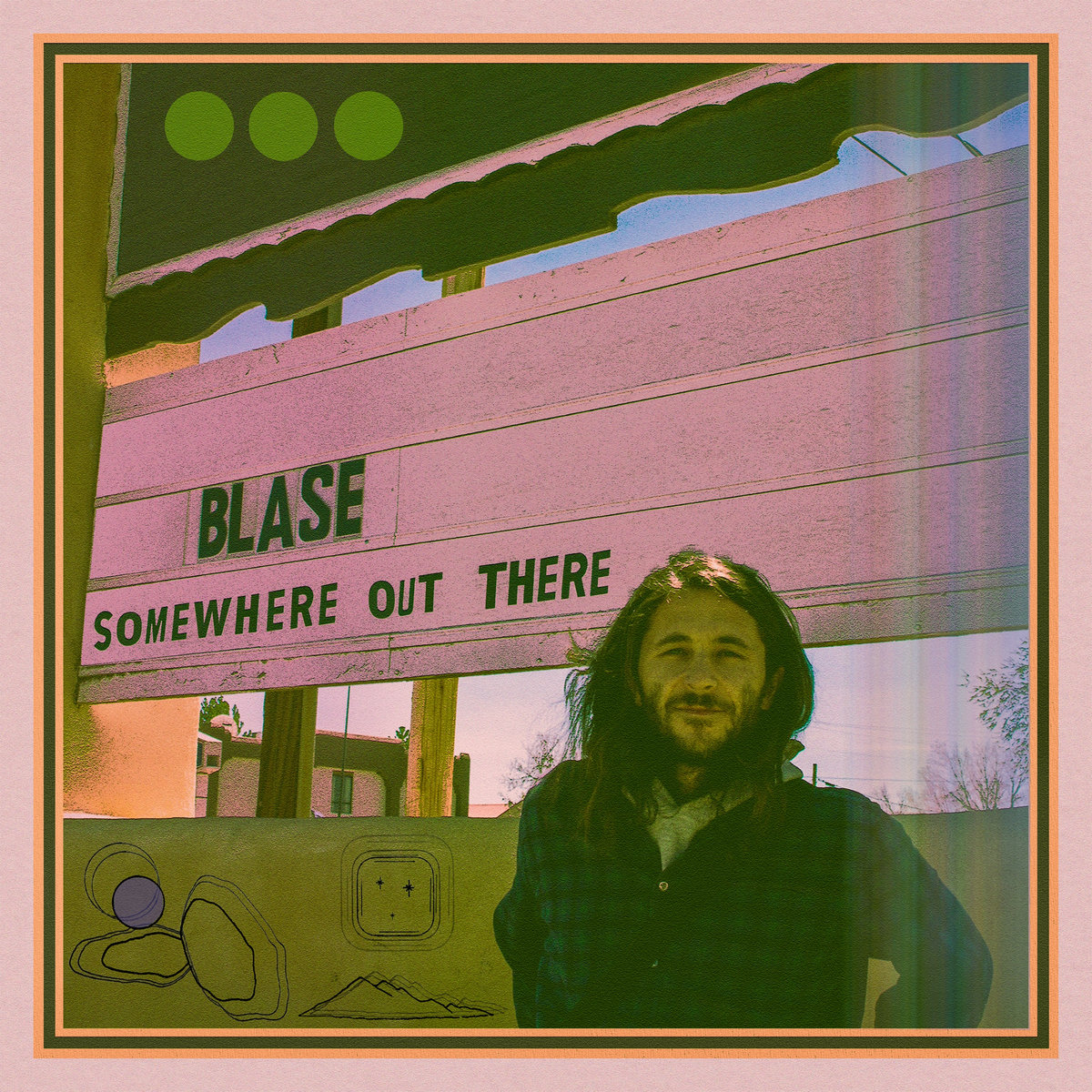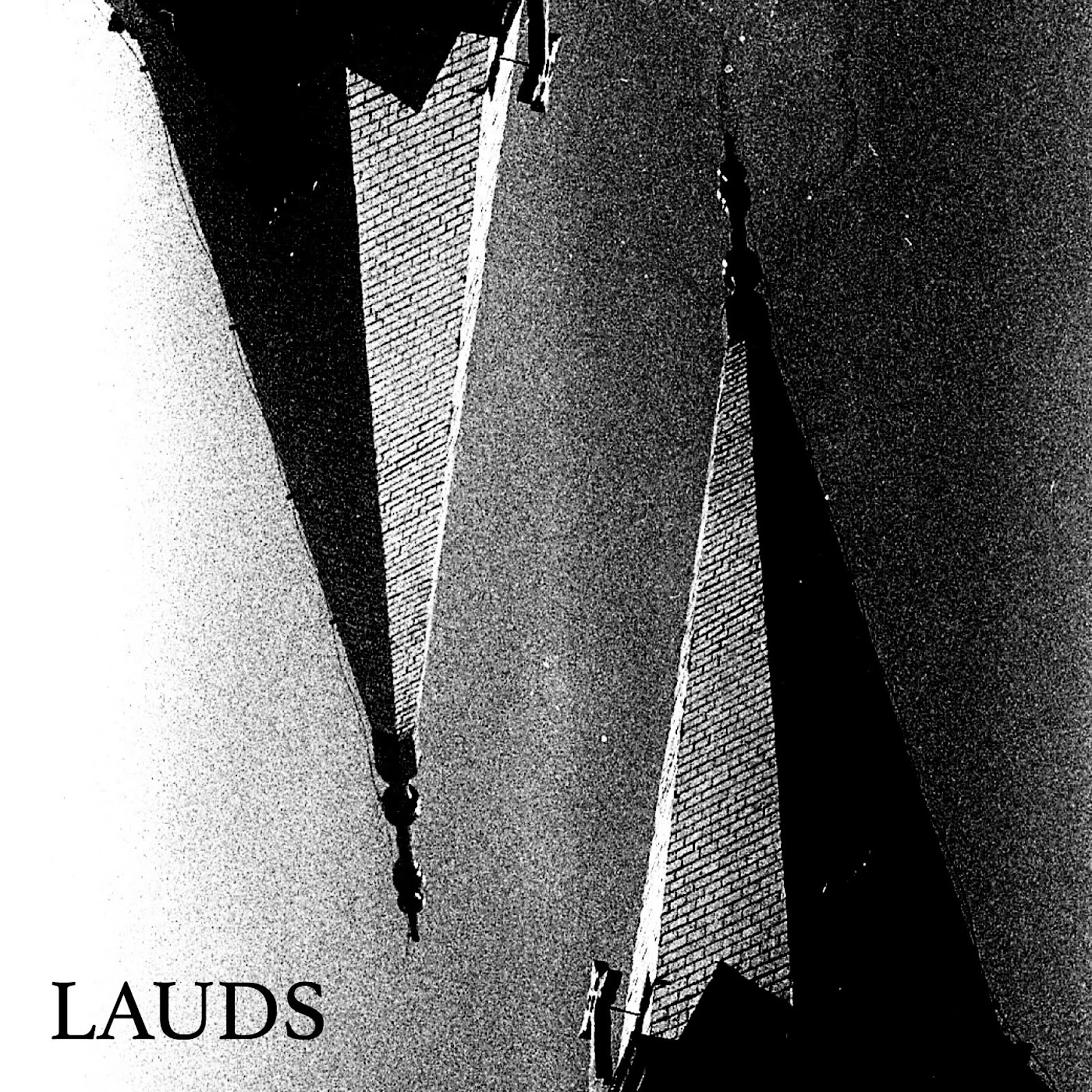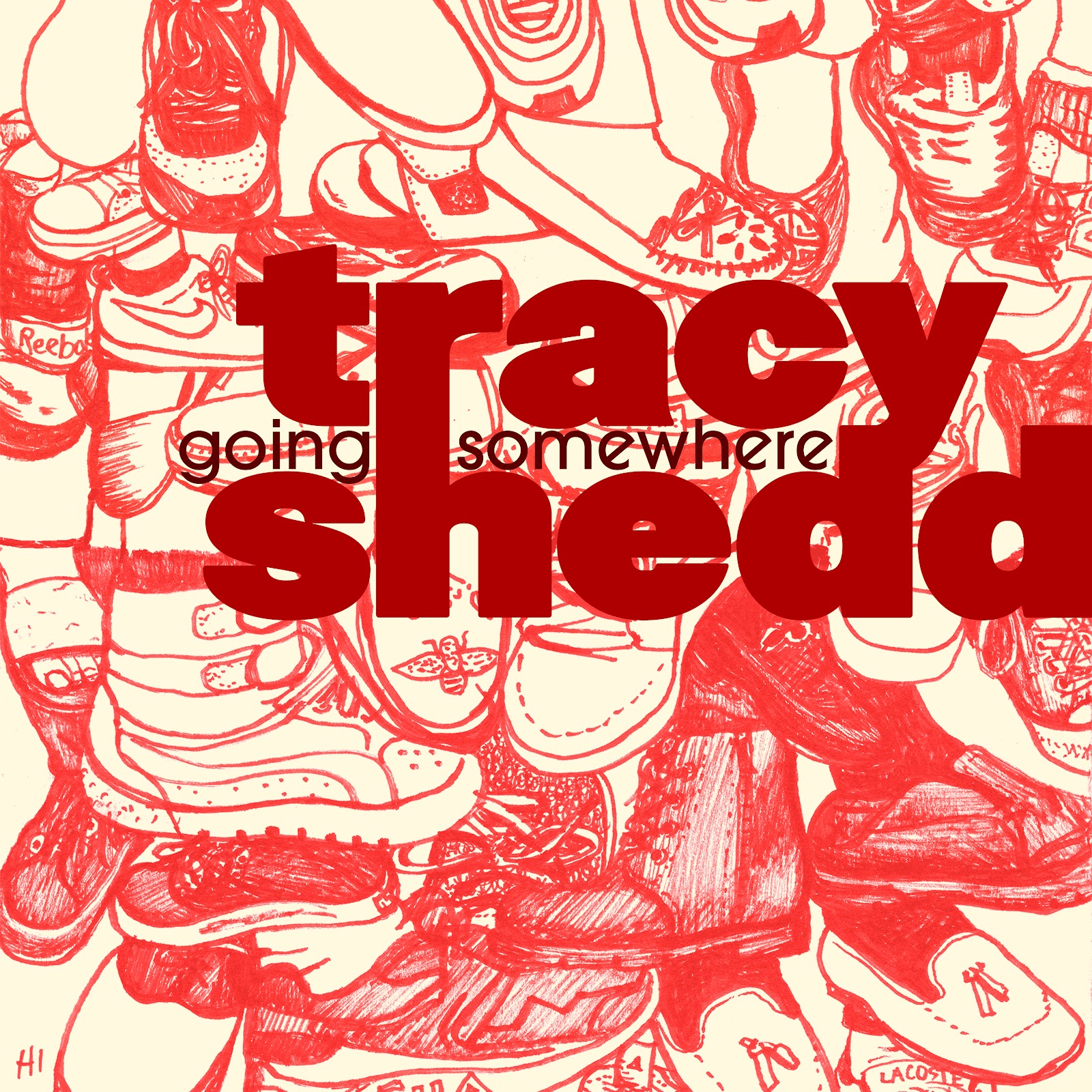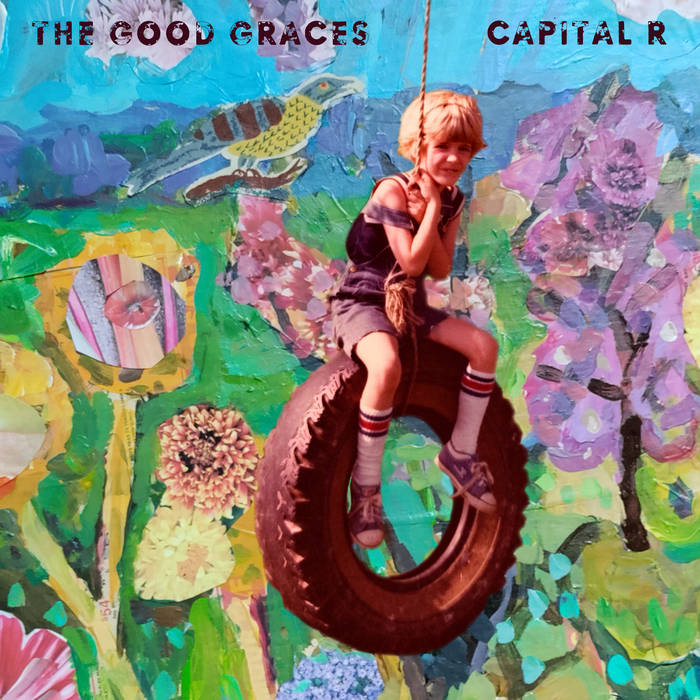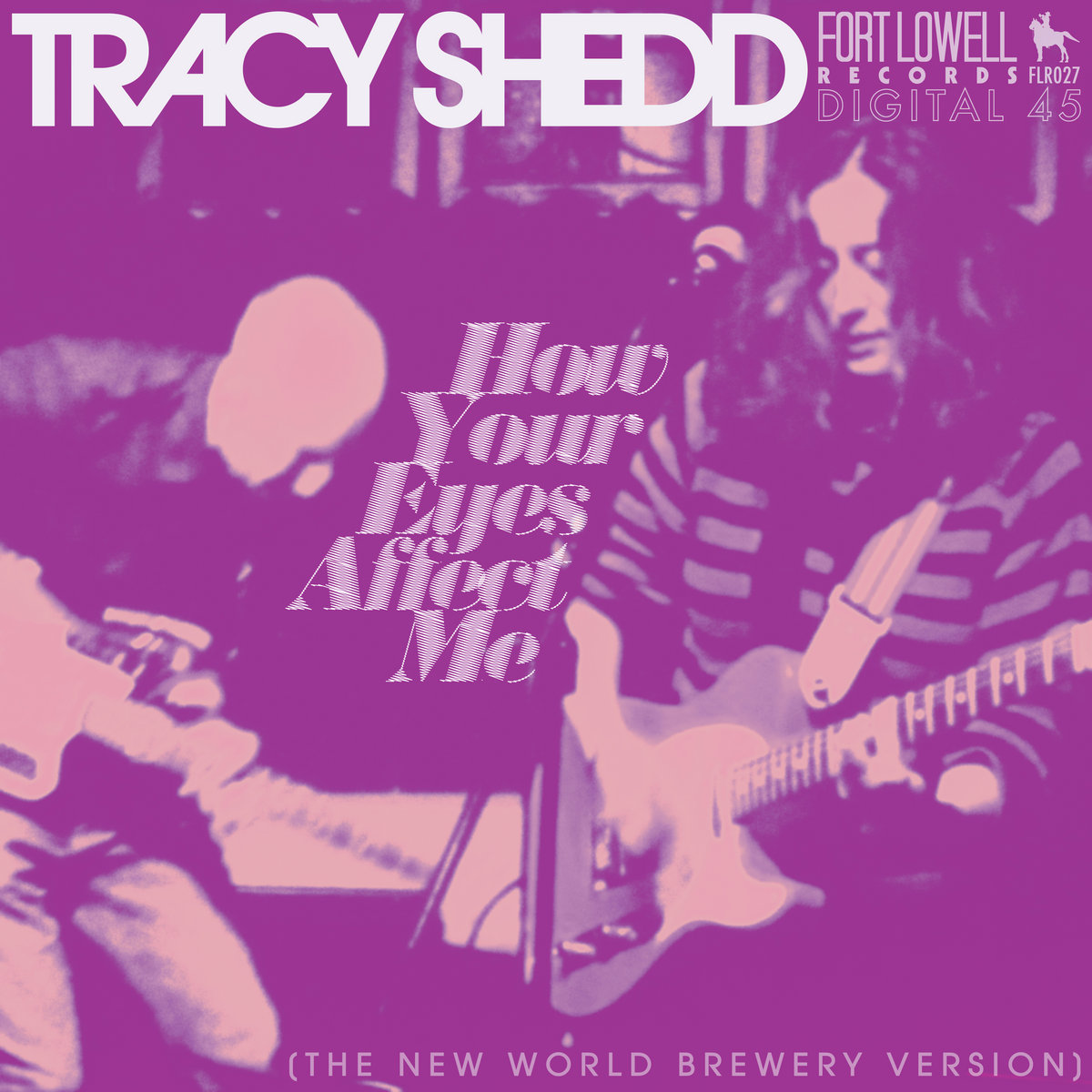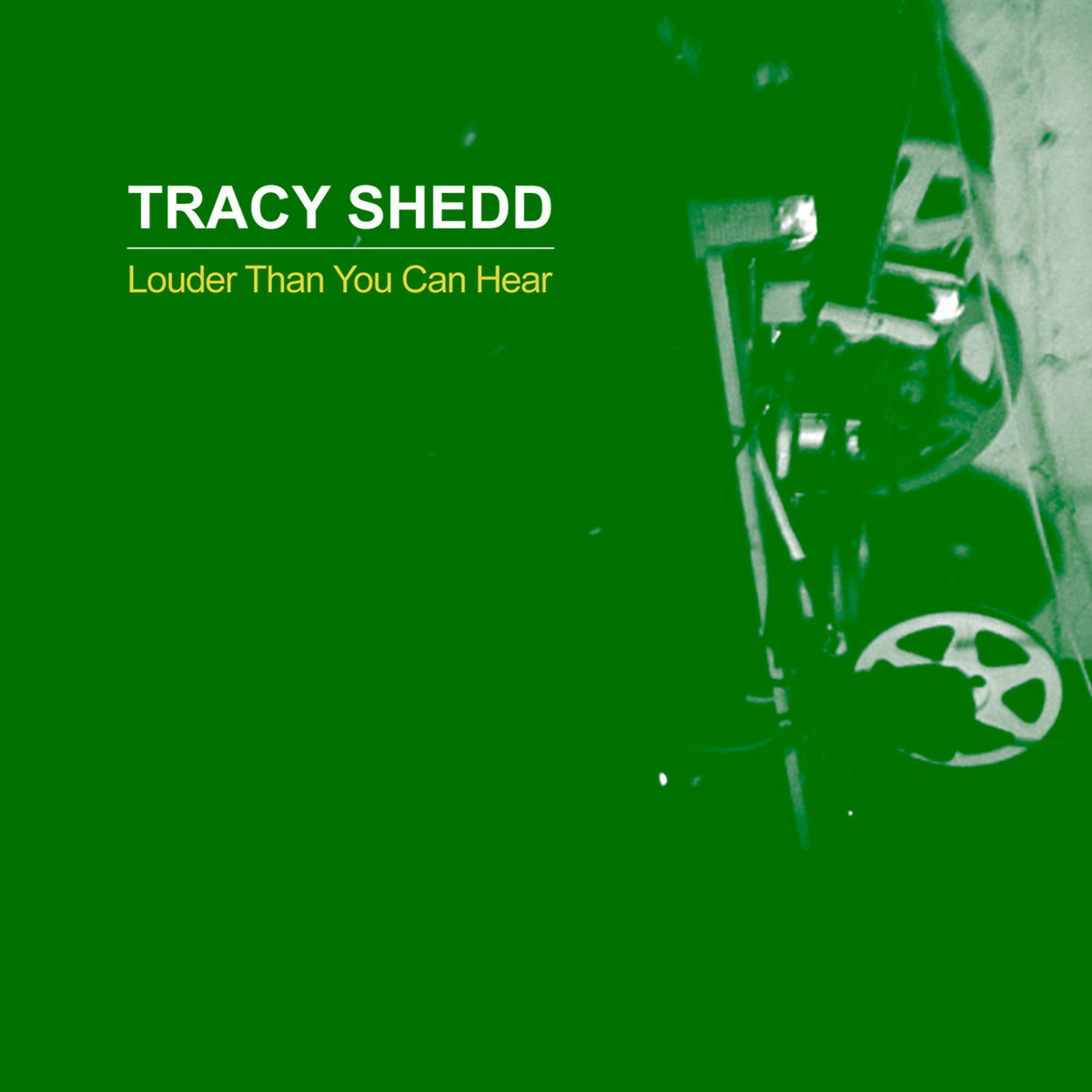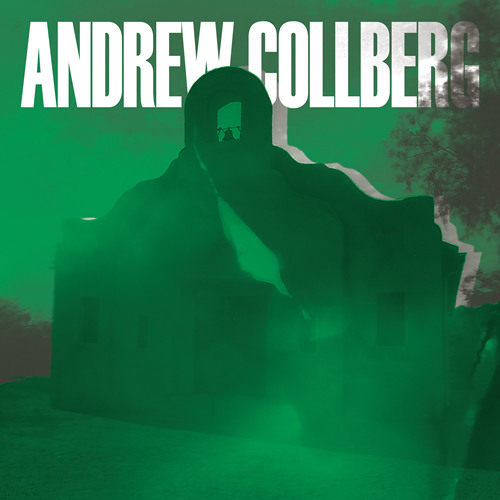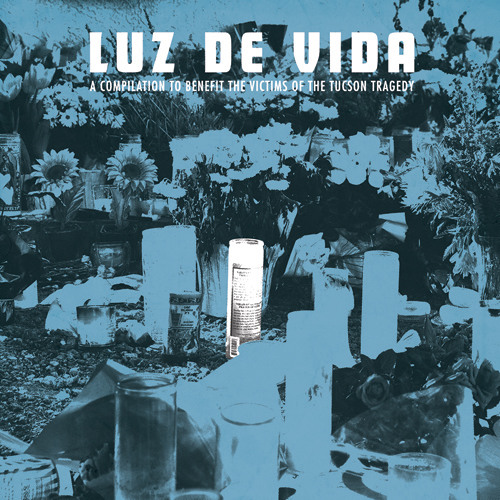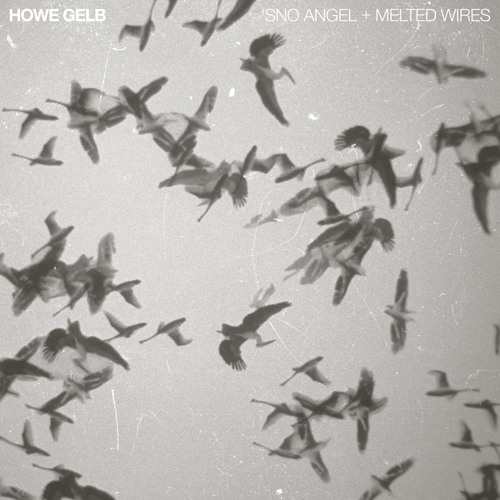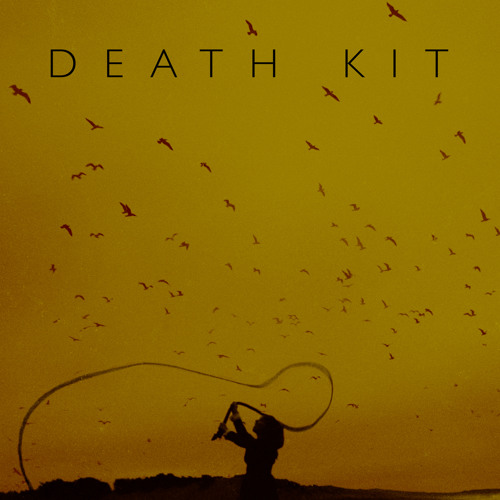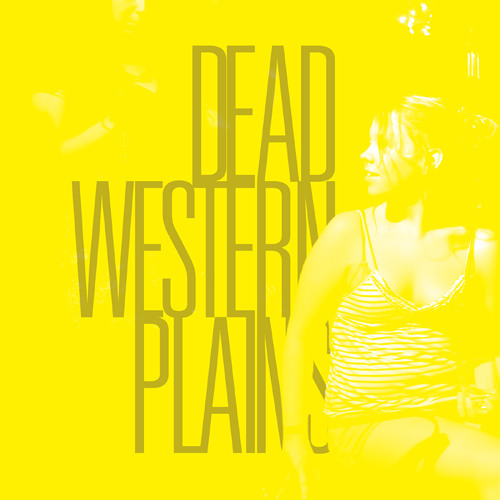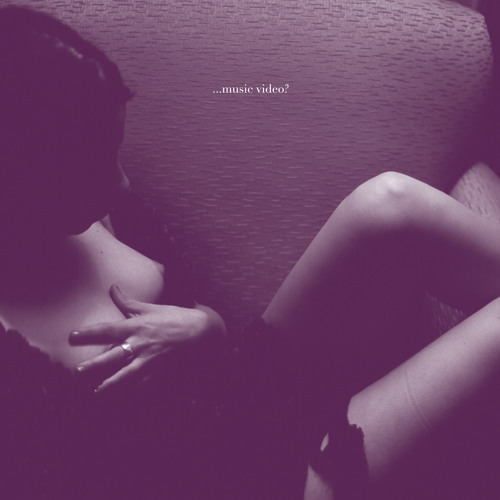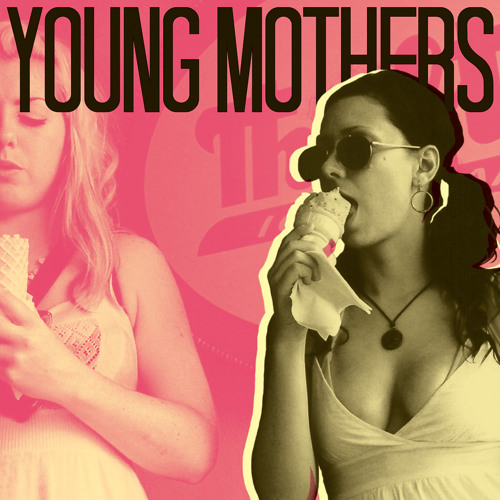[Repost from KJZZ 91.5FM Phoenix; by Sam Dingman, September 27, 2024]
EVENT CALENDAR
Sunday, October 6, 2024
Is the protest anthem a lost art, or has the sound of revolution switched political sides?
[Repost from KJZZ 91.5FM Phoenix; by Sam Dingman, September 27, 2024]
As a summer of political chaos draws to a close, the wars and policy debates that have prompted violence and upheaval remain. Some pundits are saying it feels like the late '60s all over again. But when it comes to music, things don't quite sound the same.
Jason Woodbury, musician and podcaster on Aquarium Drunkard Transmissions, has been documenting the fluctuations of the music industry for years on his podcast and he joined The Show to talk about how things have changed since the golden age of the protest anthem.
Full conversation
JASON WOODBURY: The late ‘60s, early ‘’70s really are the time when a number of factors, the civil rights movement, the anti-war movement produced a sort of cultural consciousness that crossed over into the pop realm.
You've got songs like Creedence Clearwater Revival's “Fortunate Son,” an anti-war song that hit number 14 on the Billboard hot 100. Also in 1969, John Lennon's “Give Peace a chance.” Pretty blatant outright lyric there that also hit number 14. Not only is this stuff really conveying a, a point of view and a message, but it's also achieving mainstream success.
SAM DINGMAN: I think one of the interesting phenomena about the success of these songs is that it makes us look back at that time, kind of through the lens of the popularity of the songs, if that makes sense. Like, because of the widespread resonance of those songs, it becomes very easy to look back at that time and think like, well, everybody hated the Vietnam War, when of course, the reality is that those things were the subject of very intense debate.
WOODBURY: Yeah, I almost feel like the pop culture element of it allows for a sort of retrofitting, right? Like, oh, yeah, everybody must have been on board because I mean, listen to how, how good this song is. It's easier to paint a slightly rosier picture maybe if you're just going by the sort of artistic breakouts of that time.
DINGMAN: Yeah. Well, and I'm curious to know what you think about this idea, too, that maybe another reason that it's easier to paint with a bit of a broad brush in terms of memory using these songs is that they were by and large channeling a kind of sentiment rather than a specific message against one particular party.
You know, obviously there was probably, you know, some implicit messaging against say the Nixon administration, but it's not like, it, it, it seemed like it was more about channeling a general spirit amongst the people rather than taking a firm stance on one side of the aisle or the other.
WOODBURY: Yeah, that's actually really interesting to think about. You know, I think about the, the Crosby, Stills, Nash and Young song “Ohio,” which was written about the Kent State massacre. And it specifically says, you know, “Tin soldiers and Nixon's coming.” But I think it's that next line that almost speaks to what you're saying. You know, he says, “we're finally on our own.” That speaks a lot more to the spirit of a thing and, and sort of a general feeling than actually saying, you know, you can only listen to this song if you're against the Vietnam War.
In the ‘80s and ‘90s, you get into stuff that actually probably was far more aligned with the actual very, very radical stuff from that counterculture, stuff like Public Enemy, NWA. These were artists that were speaking about very bleak realities and often accompanying them with really controversial statements, you know. And that remains popular music. When you think about news anchors freaking out over NWA lyrics, it's like a reminder that like, that's the mainstream, paying attention to this, this stuff.
And I think that that continues on for a while, you know, in the early 2000s, you also had stuff like Green Day with “American Idiot” or the Dixie Chicks, now just the Chicks, but at the time, the Dixie Chicks, who spoke out against the war in Iraq and really faced like a very, very intense backlash from the Nashville establishment. And I think that after that point, say in the early 2000s, you really do start to see the kind popular protest song, not completely go away but certainly lessen in, in frequency.
DINGMAN: Yeah. But I think it is really interesting that, that point you're making about the Chicks, I mean, obviously the Chicks still have their fans, but at the time that they made that statement, they were one of the, the biggest acts in popular music, right?
WOODBURY: That's right. And I mean, I think that when you even think about just sort of the strange way that political ideology ebbs and flows in relation to culture, you look at the, the Chicks, who were taking this stance and were speaking out against the George Bush administration and people like Dick Cheney. You think about that in context of 2024 and you've got like Dick Cheney saying that you should vote for Kamala Harris, you know, the quote unquote progressive person on the ticket.
And I think that speaks to just how weird and sort of complicated these things have become and how it's become increasingly difficult to sort of take a coherent stance in certain ways. And, and to some degree or another, most protest music requires that kind of specificity that's become maybe a little bit more elusive in a time where people are like, well, hang on. What, what exactly, where do I align, you know, is there an anti-war, you know, candidate or whatever things like that?
When you look at some of the stuff that has broken through in more recent time, there's a MAGA rapper, Forgiato Blow, who managed to score a really big hit with his song “Boycott Target.” That Oliver Anthony's super viral “Rich Men North of Richmond,” which debuted at number one.
Like now you might actually have more of a chance of scoring like a protest hit if you're sort of saying something very different than what you might hear more progressive artists saying. And those are both examples I think that sort of show how this has changed quite a bit.
DINGMAN: Yeah. Well, it certainly feels like we've come a long way from “Give Peace a Chance.”
WOODBURY: I mean, I like that one still. I, I'm a, I'm a, I'm a John and Yoko stan. So plenty of protest music in their cannon to to, to return to.







